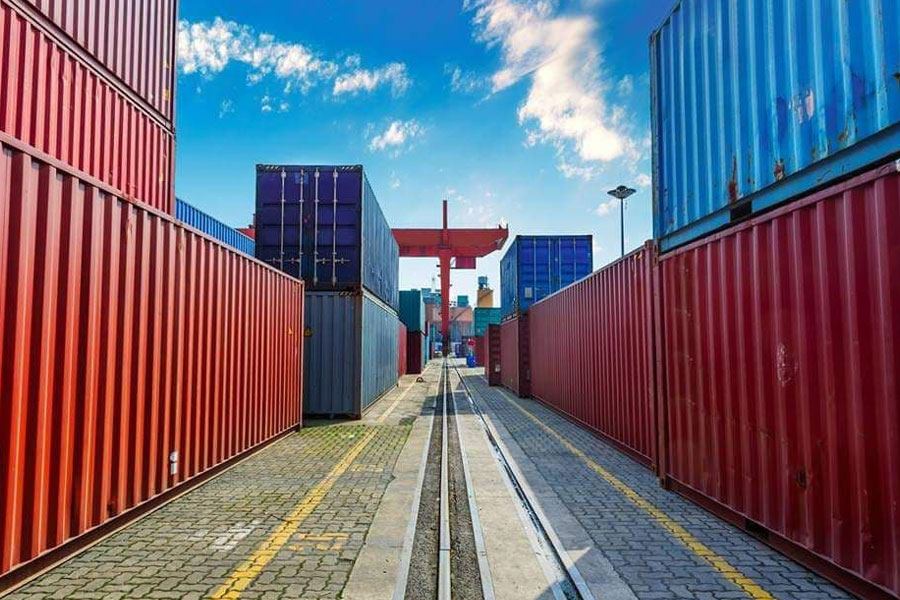
Fortune News | Jul 03,2021
Oct 2 , 2021
By BERSABEH GEBRE ( FORTUNE STAFF WRITER )
Dozens of taxi associations are one step closer to realising their dream of buying 1,500 vehicles after federal authorities gave the nod of approval last week. The cars are to be assembled domestically following imports of the parts, duty-free.
The Federal Transport Authority will forward letters of recommendation to the Ministry of Finance, which will review the documents. It informs the Customs Commission of the number and type of vehicles to be designated duty-free for imports by assemblers the associations have made agreements with, according to Baye Mulegeta, director of Urban & Rural Transport Service at the Authority.
Officials of the Authority have approved proposals from 23 associations interested to buy vehicles with a seating capacity of between four and 10 passengers from domestic assemblers. Another 17 associations secured support from the Ministry of Transport, a prerequisite for the duty-free privilege. Their proposals are still under review by the Authority, disclosed Taye.
The associations are looking to take advantage of a directive issued by the Ministry of Finance in May 2021, allowing the import of semi- and fully-knocked down vehicles free of excise tax and duty. The amended excise tax law directs all motor vehicles imported within three years of manufacturing to be considered 'new' when calculating duty and excise tax. The directive aims to institutionalise the imports of taxis using duty-free privileges, which has so far been disorganised and uncoordinated.
The last five years have seen the import of over a thousand taxis using duty-free privileges, though there was no legal framework that served as a guideline to review such requests.
Ze-Lucy Meter Taxi S.C, a consortium of taxi associations, has imported 751 vehicles in 2016 using duty-free privileges. HelloTaxi, an importer of metre taxis, also brought in over 400 cars in the past two years.
Officials say the initiative is being undertaken partly to support domestic assembly plants, which will be in charge of importing the vehicles.
Last year, the Addis Abeba City Administration designed a project to replace the blue-and-white LADA taxis in the capital, processing a duty-free privilege for associations that were allowed by federal authorities to import 10,000 disassembled vehicles for taxi services. Elauto Engineering Plc, incorporated three years ago with a capacity to assemble 100 vehicles a day, has shown interest to make a deal with 23 associations, according to Bekele Abebe, the general manager. The company has so far assembled close to 500 vehicles.
Elauto Engineering asks 650,000 Br for LADA taxis while 100,000 Br more for other vehicles.
"We've opened two dozen branch offices to serve the growing demand," said Bekele, whose company is expanding its presence beyond the capital.
Bezawit Taxi Service, a company established four years ago in Bahir Dar, is among the associations awaiting approval from the authorities. It plans to order 50 vehicles from assemblers at an average cost of 850,000 Br a car to use for tour services.
Welcoming the initiative by the government, the consultant handling the process for Bezawit Taxi was worried about the one-year limit on imports.
The Transport Authority initially told importers that all vehicles parts have to be brought in within a year following an agreement entered with an assembler. The Authority has lifted the one-year deadline since following discussions held over the past couple of weeks.
"In a country where there is a critical shortage of foreign currency, it would not be possible to process the forex in a year," says Dereje Mekonnen, the agent representing Origin Trading Plc, which is consulting the taxi service provider.
The Customs Commission or the Ministry of Finance should impose the restriction, not the Authority, according to Baye, who disclosed that the revised agreement would be signed this week.
Another association, Tsehay, believes minibus importers should be given priority.
"Those of us importing minibuses should have been given priority as it can solve the transportation hurdle quicker than sedans," said Abebe Kassa, board member of the Association.
More than 90pc of the vehicles to be imported in the first round are destined for the roads in Addis Abeba. This comes as the city expands ride-hailing services, numbering over 40, and continuing transportation hurdles pressuring residents.
Increasing the number of taxi fleets is good, but it cannot solve the transportation challenge alone, according to Berhanu Zeleke (PhD), an urban transport lecturer at Kotebe Metropolitan University.
"Equal attention should be given to road management and effectively disseminating vehicles," he said.
PUBLISHED ON
Oct 02,2021 [ VOL
22 , NO
1118]

Fortune News | Jul 03,2021

Radar | Oct 23,2018

Fortune News | Sep 03,2022
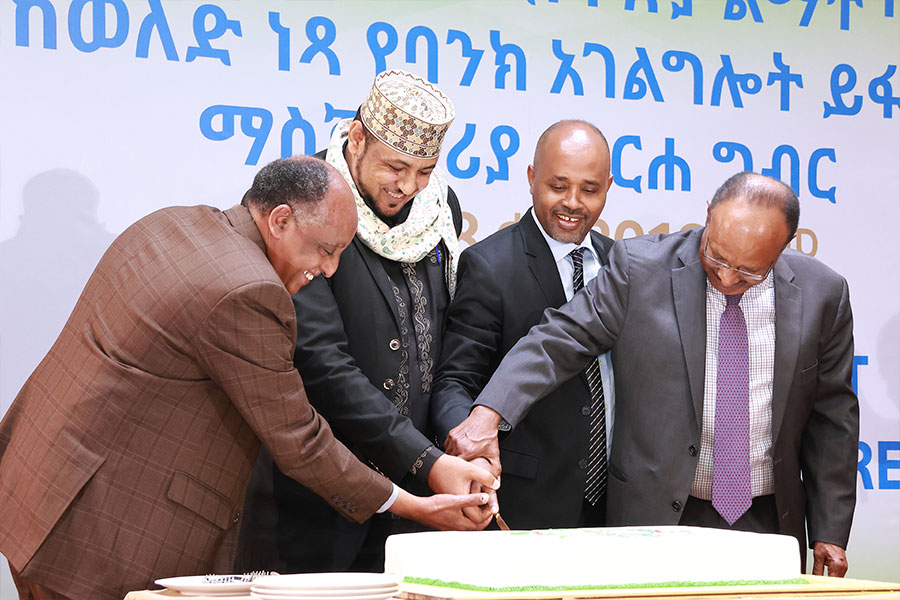
Radar | Oct 23,2023
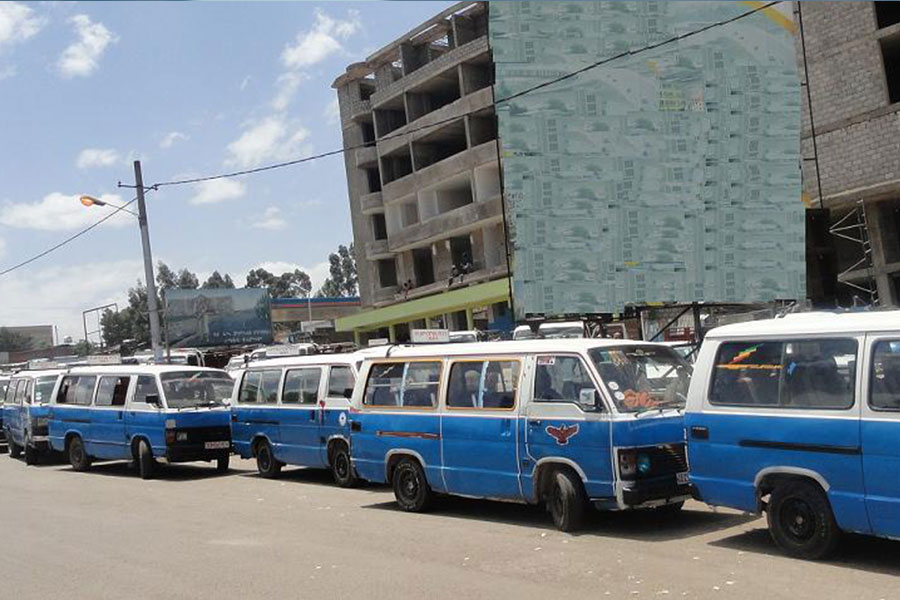
Fortune News | Dec 19,2021
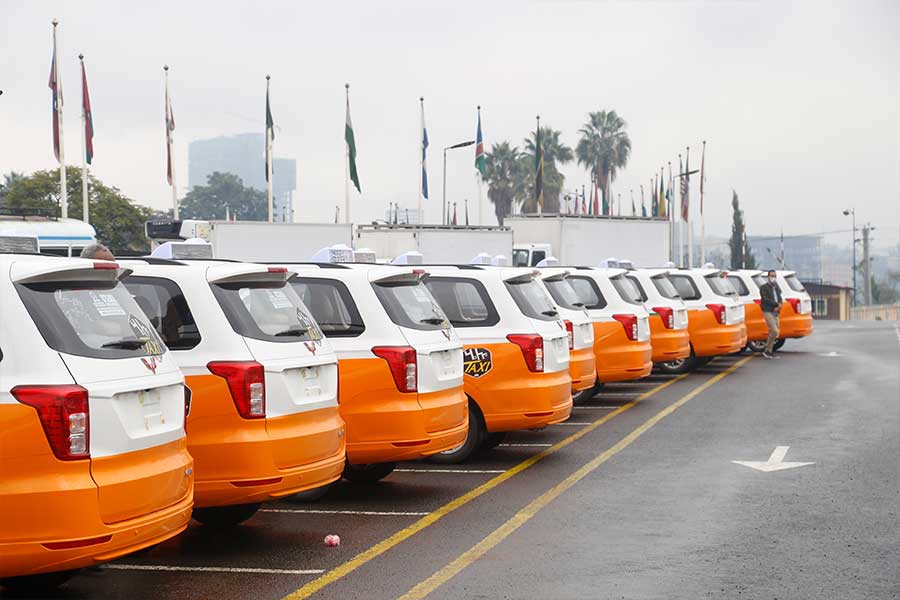
Fortune News | Jul 18,2020

Radar | Apr 15,2023
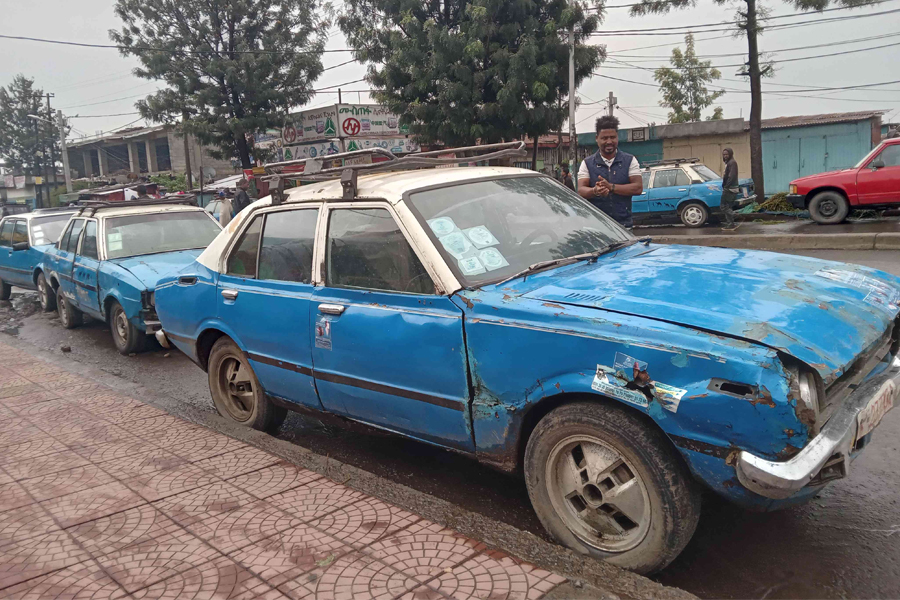
Fortune News | Jul 22,2023
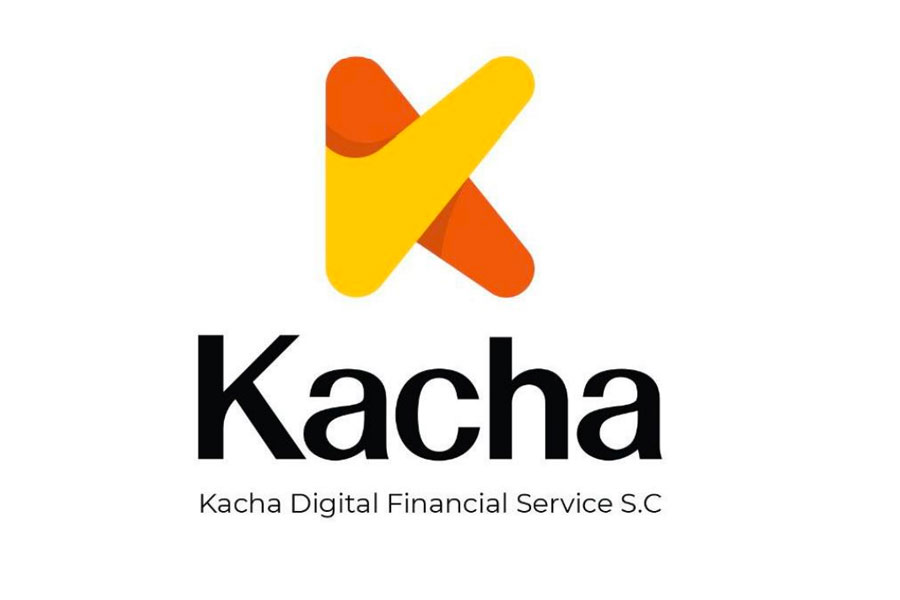
Fortune News | Jul 23,2022

Radar | Aug 20,2022

Jul 13 , 2024 . By AKSAH ITALO
Investors who rely on tractors, trucks, and field vehicles for commuting, transportin...

Jul 13 , 2024 . By MUNIR SHEMSU
The cracks in Ethiopia's higher education system were laid bare during a synthesis re...

Jul 13 , 2024 . By AKSAH ITALO
Construction authorities have unveiled a price adjustment implementation manual for s...

Jul 13 , 2024
The banking industry is experiencing a transformative period under the oversight of N...

Jul 20 , 2024
In a volatile economic environment, sudden policy reversals leave businesses reeling...

Jul 13 , 2024
Policymakers are walking a tightrope, struggling to generate growth and create millio...

Jul 7 , 2024
The federal budget has crossed a symbolic threshold, approaching the one trillion Bir...

Jun 29 , 2024
In a spirited bid for autonomy, the National Bank of Ethiopia (NBE), under its younge...